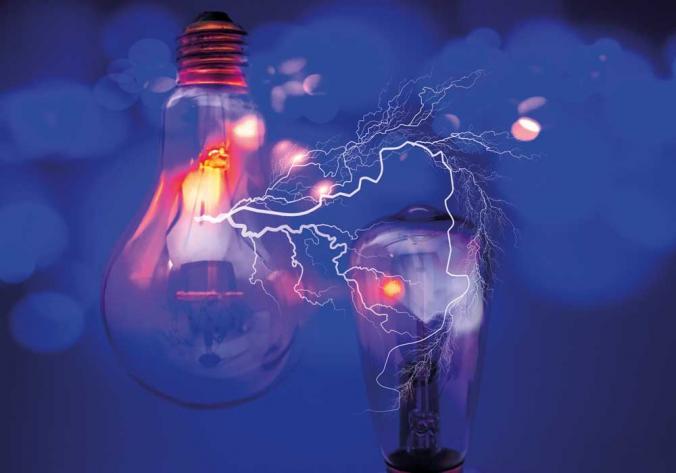Investing in energy efficiency – "A win-win for both business and the planet"
The European Union has estimated that requiring new motors to provide at least IE3 premium efficiency will save 110 TWh annually by 2030. This is equivalent to 40 million tons of CO2 emissions and €20 billion in energy bills per year. It is possible to save a further 25 percent energy or more by adding a variable speed drive (VSD).
Forward-thinking businesses are, however, already installing IE4 super-premium and IE5 ultra-premium efficiency motors and drive to achieve even higher savings and future-proof their operations. Technology group ABB gave several examples of such moves in a virtual round table meeting organized for journalists on 22.11.2021.
One example that shows the value of energy efficiency is ArcelorMittal’s Dąbrowa Górnicza steel plant in Poland. It has upgraded 23 pumps and fans with the latest ABB medium and low-voltage drive and motor technology and is now saving 15 GWh annually, equivalent to the electricity consumption of 8,600 average Polish households.
In Norway, Yara is Europe’s largest fertilizer supplier and has the goal of becoming emissions-free. It is already saving 16 GWh of energy annually, having replaced 1,000 existing motors with IE3-rated units and installing drives on 75 percent of these. Its next step is to replace a further 2,500 motors with IE5 SynRM motor and drive packages, primarily for pumps and fans. The savings potential from this second phase is 32-40 GWh and the operator will achieve further value with the recycling of raw materials in the old motors.
The Renewcell textile recycling business in Sweden, meanwhile, is making fashion more sustainable and will save energy in the process. The company will recycle fibers from old clothes into new textiles – a process that can save up to 90 billion liters of freshwater per year. It has installed 174 IE4 motors and 96 drives to power pumps and compressors in an arrangement similar to flow-controlled pulp and paper production, which typically reduces energy consumption by 30 percent or more.
Meanwhile, water utility Evides Waterbedrijf in the Netherlands has installed highly efficient SynRM motor and drives technology at its new Nieuwdorp pumping station. An investment that has cut energy use by around 20 percent.
In Belgium, the Süüdzucker Group produces sugar from 21,000 tons of beets during a 120-day season. It chose ABB’s SynRM IE5 motors and drives to replace the motors on its beet slicers. This investment now saves 158,000 kWh and 120 tons of CO2 emissions annually, showing that even relatively modest motor upgrades can have significant benefits.
High-efficiency technology is also being used to extract residual heat from water source heat pumps. A new hybrid renewable district heating plant will enable the Danish city of Esbjerg to become carbon neutral by 2030. Its operator DIN Forsyning is investing in a seawater heat pump system from MAN Energy Solutions. The plant, powered by offshore wind energy, will supply the city’s heating network. ABB medium-voltage variable speed drives, motors, and controllers will ensure high-efficiency operation of the heat pump system.
The Queens Quay district heating system in Glasgow is the UK’s first large-scale water source heat pump scheme. Its operator Vital Energi is drawing water from the River Clyde to generate heat for homes and businesses. It has installed two 900 kW IE4 energy-efficient motors with VSD control for the compressors that extract residual heat from the river. The approach creates 90 percent fewer CO2 emissions than burning fossil fuels and has reduced CO2 emissions by 409 tons in its first year.
And finally, industrial heat pump technology is also saving energy for a renowned food company in Finland. Oilon’s high-temperature heat pumps, delivered with ABB drives, recover lost heat and produce heat energy for Snellman’s meat processing facility in Pietarsaari. With eight units installed, the facility has reduced emissions by 8,700 tons a year.
– The examples are a perfect illustration that effective energy efficiency technologies are commercially available and are already making a significant difference in driving down carbon emissions and energy bills, said Pekka Tiitinen, ABB’s Business Manager for Northern Europe, during the round table meeting.
– It is clear that investing in energy efficiency is a win-win for both business and the planet.









